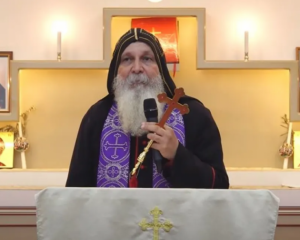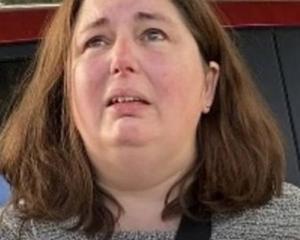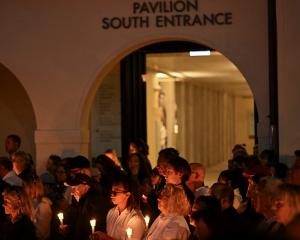Dozens of Australian indigenous leaders walked out of a national meeting on their future on Thursday in protest against a plan to accept constitutional recognition, indigenous leader Geoff Clark said.
Some 250 Aboriginal Australian leaders are meeting at the sacred landmark of Uluru to decide how the country's first inhabitants, who date back about 50,000 years before British colonisers arrived, should be recognised.
Clark said an emerging majority support for a change in the constitution had prompted about 50 to leave in protest. Some leaders want a treaty instead.
A treaty would be a legal agreement between the government and indigenous people, which could form the basis of reparations for past injustices.
Constitutional recognition would remove the government's ability to make different laws for indigenous and non-indigenous people.
"We have agreed that there is a need for a voice of aboriginal society. We need to be able to control our own destiny and that (should) be formalised by some sort of treaty," Clark told Reuters.
"It is a disagreement about methodology in how we reach our destination," Clark, former leader of the government Aboriginal and Torres Strait Islander Commission, said. The Torres Strait Islands are part of the state of Queensland.
There are about 700,000 Aborigines in a population of 23 million but they suffer disproportionately high rates of suicide, alcohol abuse, domestic violence and imprisonment, tracking near the bottom in almost every economic and social indicator.
Constitutional recognition of Aborigines is a complex issue in a country which previously administered them under flora and fauna laws.
The Government is supportive of recognition for Aborigines, but Prime Minister Turnbull has said that getting a constitutional change through parliament could be a challenge.
A referendum, which is required to make changes to the constitution, could be called as early as this year.
"I'm confident we've got enough good, smart, strong leaders in the room that we'll get to a point and to an agreement that ensures there is a way forward for our people," Sean Gordon, who heads the Darkinjung Local Aboriginal Land Council in New South Wales, told Sky News.












